Researchers says 18.000-year-old Wolf-Dog, found in permafrost in Siberia, could be oldest confirmed dog in history. Scientists aren’t sure whether the ‘amazingly well-preserved’ creature is a dog or wolf – presumably because it comes from the point where dogs were domesticated.
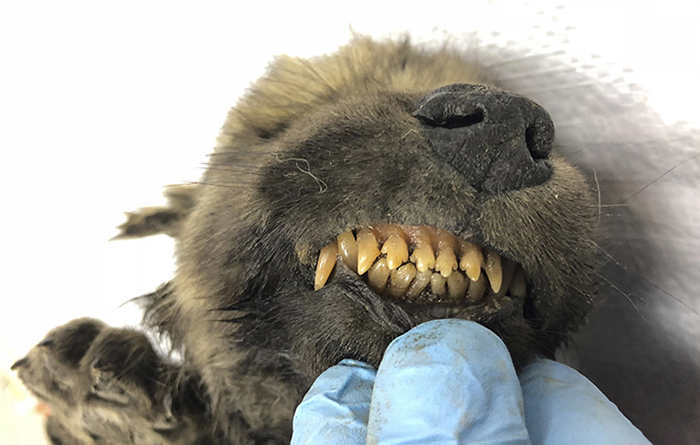
Back in the summer of 2018, scientists found a male puppy buried inside a lump of frozen ground near the Indigirka River, north-east of Yakutsk, Russia. The puppy’s full-body, thick hair, muzzle, and even whiskers and eyelashes were preserved by permafrost.
Scientists deduced that the dog was less than two months old when it died, but the cause of death is not yet determined. The near-perfectly preserved canine is an astonishing 18,000 years old and might be the ‘oldest confirmed dog’ in history. However, after studying it, scientists aren’t sure whether the ‘amazingly well-preserved’ creature is a dog or wolf – presumably because it comes from the point where dogs were domesticated.
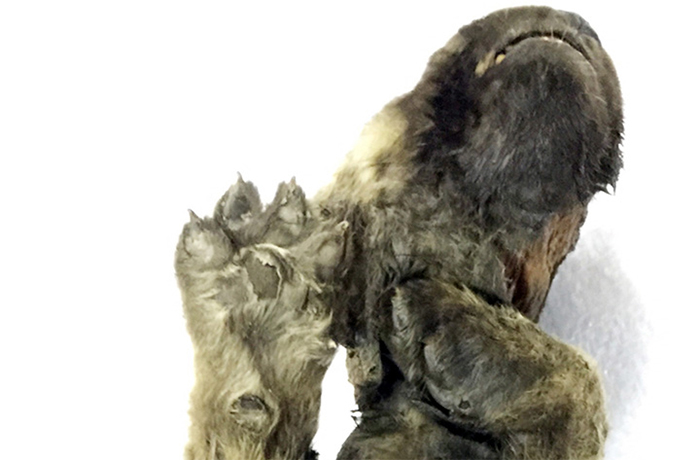
The group, consisting of Swedish and Russian researchers, published a report with photos, saying the discovery was made last summer in the zone of permafrost in Siberia, but it took some time to confirm the age of the puppy.
The body of the puppy, named 'Dogor', meaning "dog or wolf", made the scientists think it was about 200 hundred years old, but expertise showed it was much older, the report said.
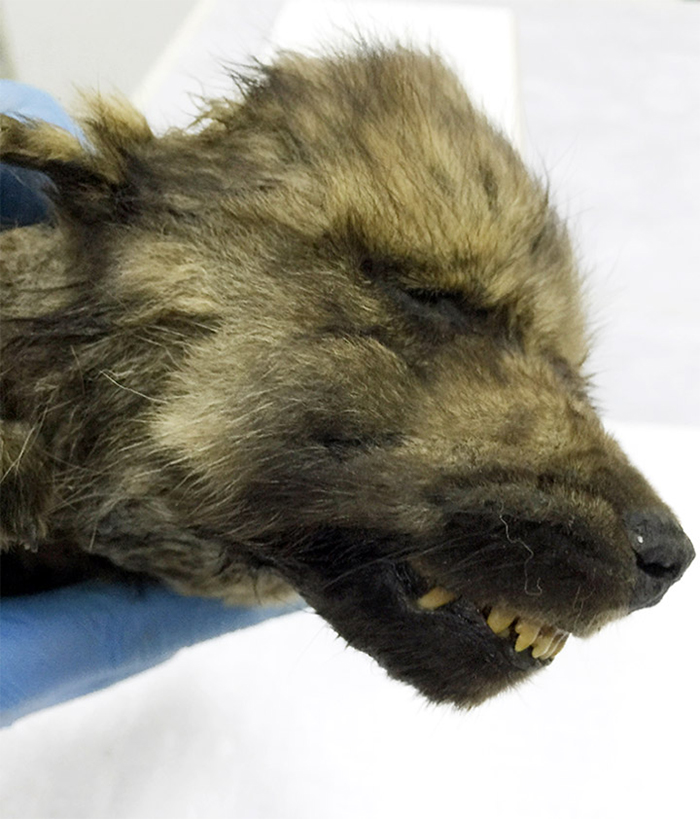
"We were excited about it but we had a healthy dose of scepticism until we radiocarbon dated it. Obviously, when we got the results that it was 18,000 years old, that changes everything. When we got that result it was amazing. 18,000 years ago is an interesting time period where we think a lot of stuff is happening with both wolves and dogs genetically," said Love Dalen, a professor of evolutionary genetics.
The scientists consider that Dogor belongs to the era when people started to domesticate the wolves and that the discovery "might be able to contribute to something that’s been quite a big debate in the field for a long time".
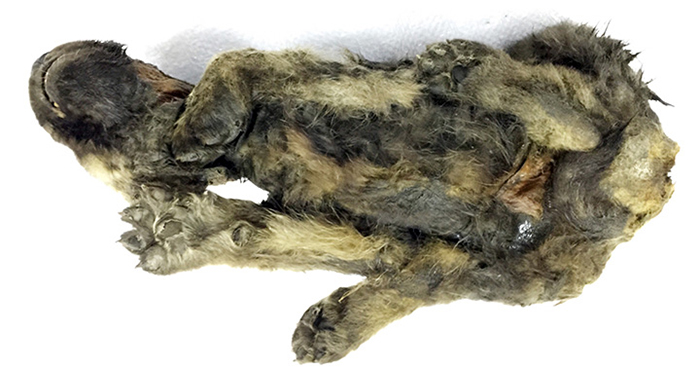
Images credits: Sergey Fedorov
source: AA (Anatoly Agency)







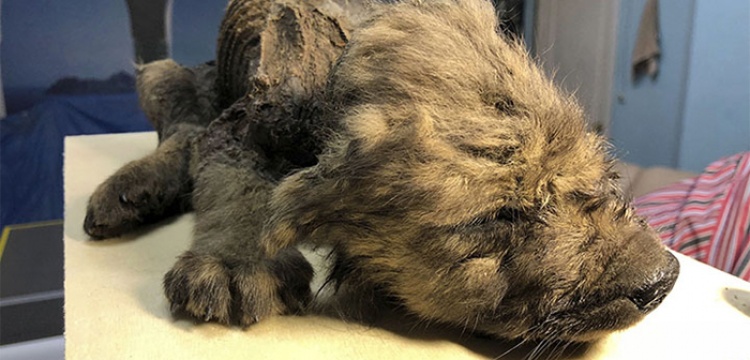
 Duayen tarihçi Prof. Dr. Mete Tunçay vefat etti
Duayen tarihçi Prof. Dr. Mete Tunçay vefat etti  Sana’nın Tarihi Dokusu Çöküşün Eşiğinde
Sana’nın Tarihi Dokusu Çöküşün Eşiğinde  Türkmen Karahöyük’te 3700 Yıllık Oyuncaklar ve Mısır’dan Getirilmiş Maymun Kalıntıları Keşfedildi
Türkmen Karahöyük’te 3700 Yıllık Oyuncaklar ve Mısır’dan Getirilmiş Maymun Kalıntıları Keşfedildi  Sillyon’da Ünik Roma Mezarı ve Türk-İslam Kabristanı Ortaya Çıkarıldı
Sillyon’da Ünik Roma Mezarı ve Türk-İslam Kabristanı Ortaya Çıkarıldı 




